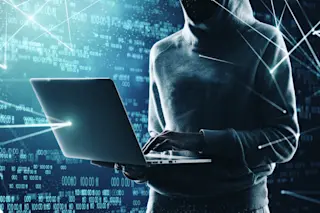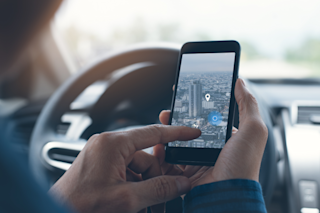This article is part of DISCOVER's 30th anniversary special section, including
11 eminent scientists'
predictions about the next 30 years. Share your thoughts on the future of science at the Science Not Fiction blog.
These days we live a life that generates its own electronic shadow. Over time, most people find a way to ignore or deny it. And over time, particularly for those who have grown up in our new regime of surveillance, leaving an electronic trace can come to feel so natural that the shadow seems to disappear. So, for example, a 17-year-old girl thinks that Facebook “can see everything,” and even though “you can try to get Facebook to change things,” it is really out of her hands. Another girl says that even without privacy, she feels safe because “no one would care about my little life.” For all the talk of a generation empowered by the ...















